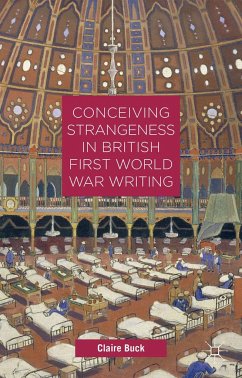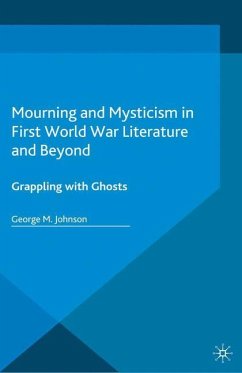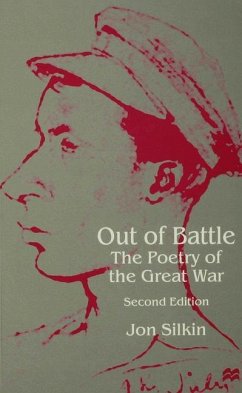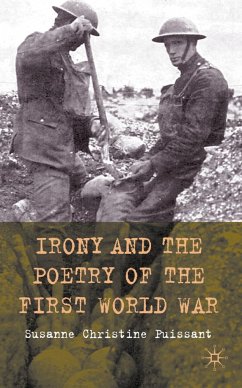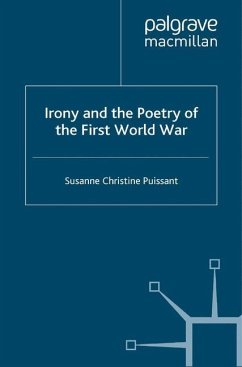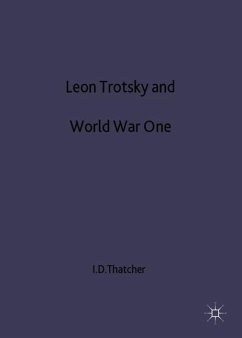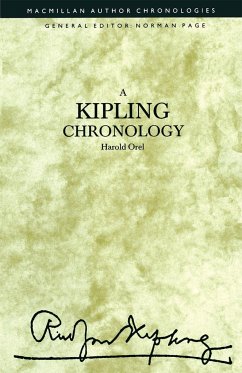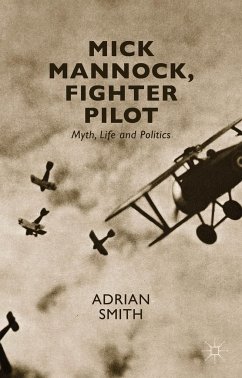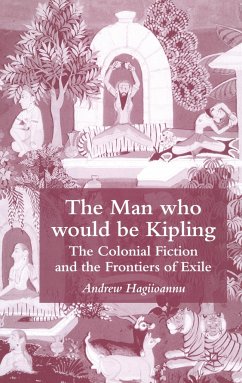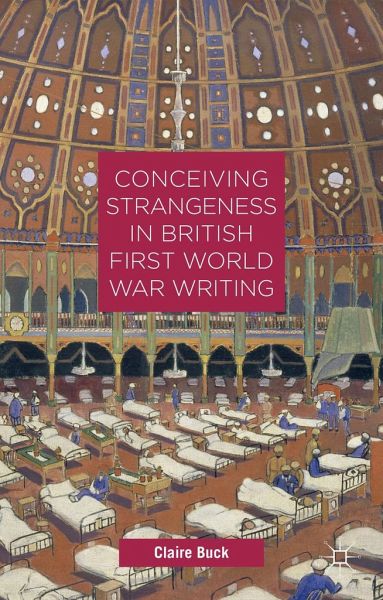
C. Buck
Gebundenes Buch
Conceiving Strangeness in British First World War Writing
Versandkostenfrei!
Versandfertig in 6-10 Tagen
Weitere Ausgaben:

PAYBACK Punkte
19 °P sammeln!





This book reframes British First World War literature within Britain's history as an imperial nation. Rereading canonical war writers Siegfried Sassoon and Edmund Blunden, alongside war writing by Enid Bagnold, E. M. Forster, Mulk Raj Anand, Roly Grimshaw and others, the book makes clear that the Great War was more than a European war.
Claire Buck teaches English at Wheaton College, in Massachusetts, USA. She is the author of H.D. and Freud: Bisexuality and a Feminine Discourse (1991) and editor of The Bloomsbury Guide to Women's Literature (1992), as well as numerous articles on Modernism, women's war poetry, and the First World War.
Produktdetails
- Verlag: Palgrave Macmillan / Palgrave Macmillan UK / Springer Palgrave Macmillan
- Artikelnr. des Verlages: 978-1-137-47164-2
- 2015 edition
- Seitenzahl: 249
- Erscheinungstermin: 9. April 2015
- Englisch
- Abmessung: 216mm x 140mm x 16mm
- Gewicht: 450g
- ISBN-13: 9781137471642
- ISBN-10: 1137471646
- Artikelnr.: 42463720
Herstellerkennzeichnung
Libri GmbH
Europaallee 1
36244 Bad Hersfeld
gpsr@libri.de
"A number of suggestive illustrations and photographs from periodicals, primarily the Illustrated London News, and from the Imperial War Museum in its early days are also included. ... This will be a significant contribution to the field, impressive not only for the attention paid to underexplored sources, but also for the far-reaching implications of considering strangeness as a way of reconceptualizing our perceptions of the home front and the war zones." (Emma Liggins, Women's Writing, September, 2016)
"Buck's book begins with the commonsensical position that most English WW I writing has focused on the English perspective on the Western front or the home front, and in so doing has offered a narrow perspective that elides the war's global dimension. ... Summing Up: Recommended. ... Upper-division undergraduates through faculty." (G. Grieve-Carlson, Choice, Vol. 53 (6), February, 2016)
"In Conceiving Strangeness in British First World War Writing, Claire Buck finds that how wartime and postwar writers saw Britain as an imperial nation determined in large part how they thought of World War I. ... The author therefore offers us a valuable and often neglected perspective, which is worthy of consideration in a class about World War I or when writing about that massive conflict." (Stephen E. Tabachnick, English Literature in Transition, Vol. 59 (1), January, 2016)
"Buck's book begins with the commonsensical position that most English WW I writing has focused on the English perspective on the Western front or the home front, and in so doing has offered a narrow perspective that elides the war's global dimension. ... Summing Up: Recommended. ... Upper-division undergraduates through faculty." (G. Grieve-Carlson, Choice, Vol. 53 (6), February, 2016)
"In Conceiving Strangeness in British First World War Writing, Claire Buck finds that how wartime and postwar writers saw Britain as an imperial nation determined in large part how they thought of World War I. ... The author therefore offers us a valuable and often neglected perspective, which is worthy of consideration in a class about World War I or when writing about that massive conflict." (Stephen E. Tabachnick, English Literature in Transition, Vol. 59 (1), January, 2016)
Für dieses Produkt wurde noch keine Bewertung abgegeben. Wir würden uns sehr freuen, wenn du die erste Bewertung schreibst!
Eine Bewertung schreiben
Eine Bewertung schreiben
Andere Kunden interessierten sich für


